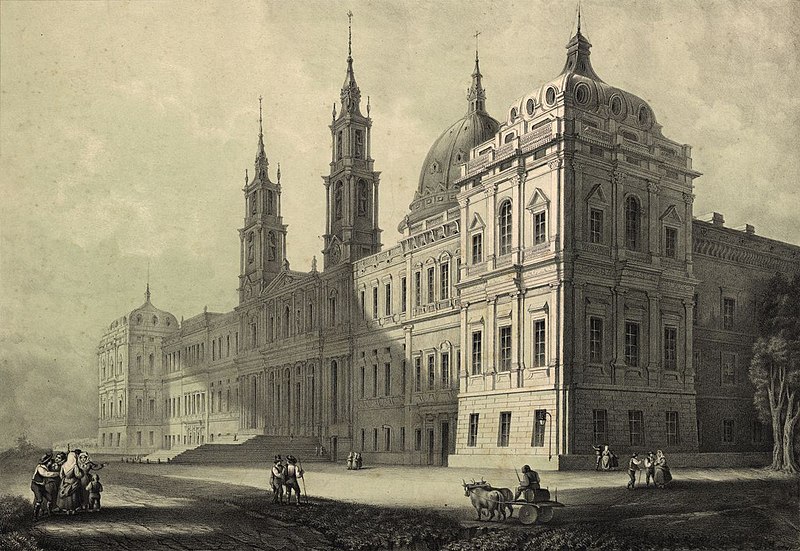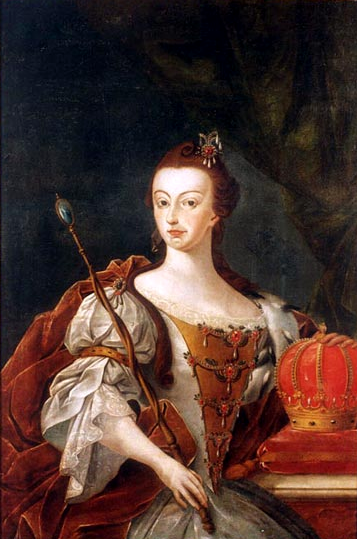Why do we travel? Why do we try to discoer uncharted water, climb unconquered mountains? Not JUST for the scenery that's for sure. We've heard tales of hero's journeys in solitude since the beginning of time. Hans-My-Hedgehog did it; Odysseus did it; Confucius did it (although he's got other purposes); all the way towards the end of time (think of the mad man in a box; the Doctor has been travelling through time and space for eternity, a modern day Vathek if you ask me!) There will always be strange men (AND women now that we have more freedom and rights to do things) going on the road, leaving all their attachments behind to seek personal growth, and gather experience from the wounds and struggles they shall encounter.
 |
| Hans-My-Hedgehog by James Barker |
Why all that pain? Through trials and errors we fall and we pick ourselves up, and we continue to walk on...there is one thing for certain: travellers will sure end up with invaluable stories, knowledge that they can share with all, answers they can offer to solve problems of those who stayed behind. Indeed we travel for the the transformation.
Hans-My-Hedgehog took off to seek his fortune in the bewilderedness because he was born different, and flawed to be sure. His transformation is personal and in a symbolic sense by all means. Odysseus' journey, on the other hand, involves far more people and the fate of not only himself, his family but also his nation; gods are involved too: Athena did her best to aid him while Poseidon being a pain in the neck, both giving Zeus such an uneasy time.
 |
| Odysseus on His Journey: Struggle Against the Siren Songs |
It is rather dreadful having to decide which league Childe Harold should belong to: is he Harold My Hedgehog? Or is he a Har-Odysseus, destined for greatness, and his adventures shall have an effect on generations to come? He fits quite well in both categories, to me at least.
The leitmotif in Hans-My-Hedgehog's story is "burning the animal skin". Like Hans, Harold is simultaneously his own worst Nemesis and savior. Harold is melancholy and dreary of his own life and the post-war era. His attitude and character flaws become a coat of quills, which is to be burnt by the personal growth and transformation he seeks through his journey to foreign land.
Of course, Childe Harold is also answering the calling of his destiny, going on the road, like Hercules, choosing the hard , windy way instead of the comfort of easy pleasure. In Harold's case, he has learnt that pleasure gets him nowhere and it's wasting his ambition to keep living as a parasite on is father's once glorious property.
Joseph Campbell's monomyth model explains the formula of how a hero comes into being, in other words, how would a hero's journey unfold. Many a story follows Campbell's formula, from Jesus Christ's path to Hercules' fulfillment, to the Star trek legacies: those are the archetypes that never cease to recur. Childe Harold's journey, although unfortunately cannot quite fit in the monomyth formula, what he sees on the road and the events he reflects on do have significant impact on the society the author lived in. The character also represents an entire generation and social group of people: the European upper-class youth who had the resource to do more than they had ever imagined, who had the potential to become more than what they had been limited to.
One of the things that differs Childe Harold from the monomyth heroes is that, instead of getting supernatural callings and helps in fulfilling "god-given" tasks, Harold seeks God and enlightenment, if not religious, that is larger than life through his pilgrimage. It's almost as if Harold's journey is the antithesis to Joseph Campbell's formula. However, I see no conflict between those concepts. Whether it's a journey to smooth out our hero's quills, a transformation to perfect himself, or a journey to fulfill our hero's fate, a process of finding his purpose and responsibility to humanity, in the end it's the same quest of self-empowerment, an individual's nirvana from the ashes of his past.
And here in this stanza we see Harold's internal conflicts: he's restless, depressed because for he realized the wasted time in his early youth; not even the best sights can distract him.
And we see him changing. He no longer seeks confort in carnal satisfaction or to dull his sense with alcohol, but rather reaches for a goal: his senses of inadequacy now gives him motivation to learn more, so that he becomes wiser by the end of his journey.
He keeps rolling on, hoping to take in as much as possible, but stops at Mafra.
Mafra Municipality was by all means not unimportant during the Iberian Peninsular War. During the French invasion in 1807, for 9 months the Mafra National Palace was once the headquarters and garrison under the commend of Napoleon Bonaparte. Later in 1809, 48 of 156 the newly constructed fortresses in defense of Lisboa were within the municipality.

Maria Anna of Austria was probably the luckless queen mentioned in this stanza (with her famous parties and extravagant celebrations indicated, as well as her children, the initial reason for the construction of the palace). However Dona Maria I of Portugal might be more relevant as she's the one who had to flee and take refuge in Portuguese Viceroyalty of Brazil during the war; she also suffered acute mental illness hence her name Maria the Mad. I'll get back to this if I figure out who this queen is exactly in my future research.
 |
| Dona Maria I, Queen of Portugal; José Leandro de Carvalho, 1808. |
Again, why do we go on the road, why do we seek hardship while we can lay low and dance through life? Harold for one, at this point, can already tell you that the mountain air isn't naturally sweet, but he can taste the sweetness of his accomplishment as he breathe in the freshened new life.




No comments:
Post a Comment